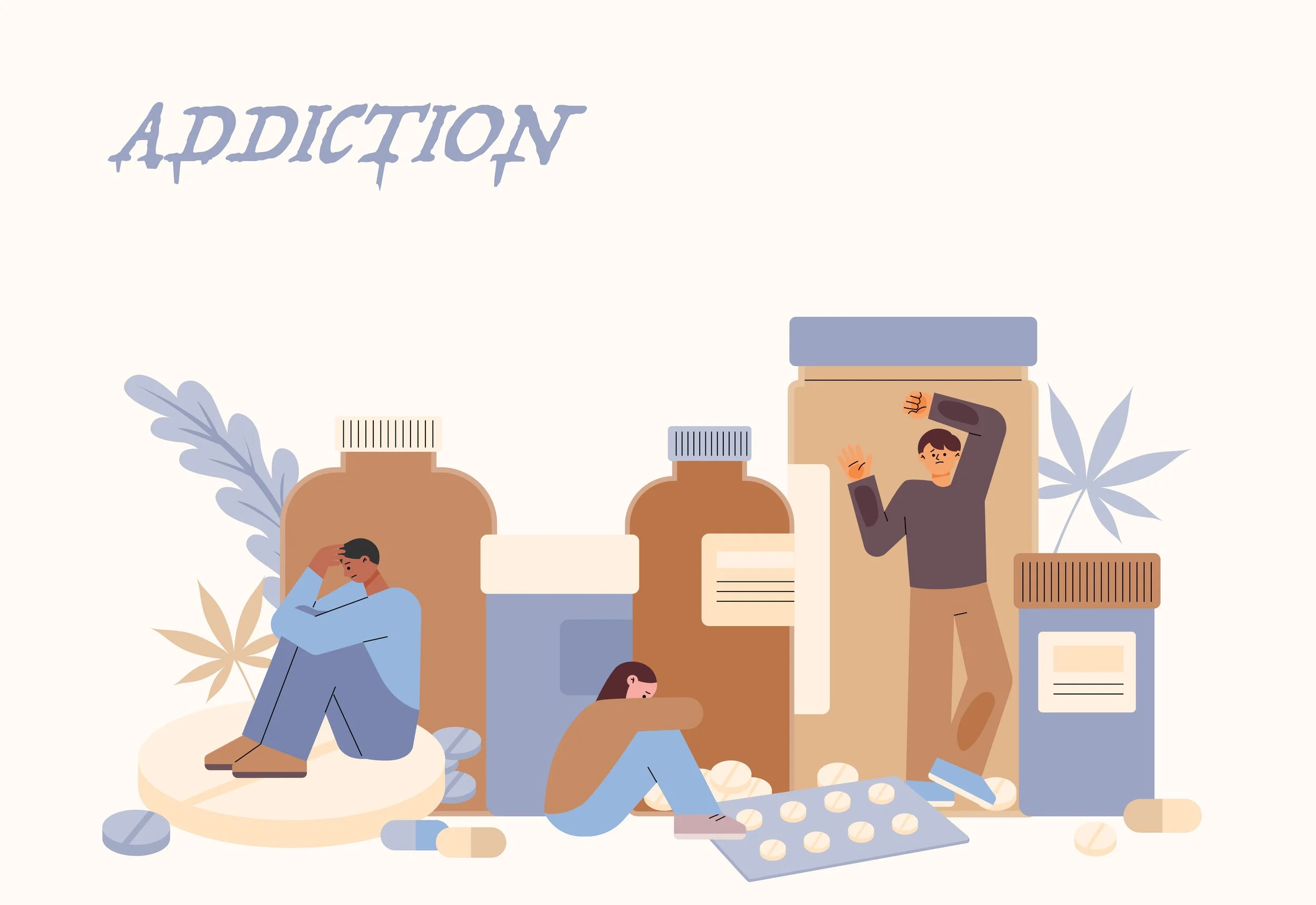
Famous Faces, Hidden Pain: Depression in the Spotlight
Fame does not shield individuals from mental health struggles. Many celebrities, musicians, and successful people battle depression, often facing unique pressures that amplify their struggles. From Kristen Bell to Michael Phelps, their stories highlight the importance of seeking help through therapy, medication, or luxury rehab centers designed for high-profile individuals. These facilities offer privacy, holistic care, and expert support to aid recovery. By speaking out, these public figures help break the stigma around mental health and encourage others to seek the support they need.
Understanding Nicotine Withdrawal Process & Recovery
Nicotine withdrawal occurs when quitting nicotine products, causing physical and psychological symptoms like irritability, cravings, and fatigue. The article outlines a typical withdrawal timeline peaking around days 3-5 and lasting weeks. It explains causes are brain dependence on nicotine and suggests management via NRT, medication, support, and lifestyle changes, mentioning luxury rehab for intensive treatment.
Understanding Drug Abuse: Risks, Symptoms, and Treatment
This article defines drug abuse as substance misuse potentially leading to addiction and health problems. It covers risk factors like genetics and mental health, common symptoms (physical, behavioral, psychological changes), and prevention tips. It also highlights luxury rehab centers offering personalized, comprehensive treatment for recovery.
Unveiling the Truth: Athlete Substance Abuse Risks
Drug abuse in athletes is a concern, often involving performance enhancers like steroids and stimulants, or painkillers. 1 The article covers types of abused drugs, signs of abuse, famous examples like Lance Armstrong and Dwight Gooden, and reasons including pressure, pain, and mental health struggles. 2 It highlights the negative impact on careers and health.
Recovering from Edibles: Tips and Health Risks
This article discusses cannabis edibles, noting their delayed, longer-lasting effects compared to smoking, which can lead to overconsumption and a "weed hangover" with symptoms like fatigue and brain fog. It covers effects like euphoria but also risks like paranoia and impaired skills. Safe use and recovery methods like hydration and rest are highlighted.
Luxury Rehab Centers and Celebrity Substance Abuse
This article discusses how drug addiction affects famous people, highlighting struggles faced by celebrities like Robert Downey Jr., Drew Barrymore, and Elton John with substances like cocaine and heroin. It mentions the challenges of public battles and the role of luxury rehab centers offering private, comprehensive treatment for celebrities seeking recovery.
Exploring Treatment Options for Drug-Induced Psychosis
Drug-induced psychosis is a state of losing touch with reality, triggered by substances like stimulants, hallucinogens, alcohol, and cannabis. It can cause hallucinations and delusions, sometimes mimicking schizophrenia. While often temporary with abstinence, it requires specialized treatment, including detox, therapy, and dual diagnosis care, often available in premium rehabs.
Personalized Heroin Luxury Recovery Programs
Heroin is highly addictive, causing physical and psychological dependence. 1 This article details treatment options including detox, medication-assisted treatment (MAT), behavioral therapies like CBT and group therapy, and support groups. It also highlights luxury rehab centers offering personalized, comprehensive care for recovery.
Understanding MDMA Addiction: Withdrawal and Treatment
This article discusses MDMA (Ecstasy/Molly), a party drug known for euphoria and empathy. 1 It explains that while less physically addictive, it can cause psychological dependence. The piece covers psychological withdrawal symptoms like depression and fatigue, and highlights the serious dangers of MDMA overdose, including hyperthermia and organ failure. 2
Understanding Drug Addiction Statistics & Recovery
This article highlights alarming drug addiction statistics in the U.S., noting over 19 million affected in 2020, heavily influenced by the opioid crisis causing high overdose deaths. It covers parental substance abuse affecting children and key facts about drug abuse, emphasizing addiction as a disease and the effectiveness of treatment.










